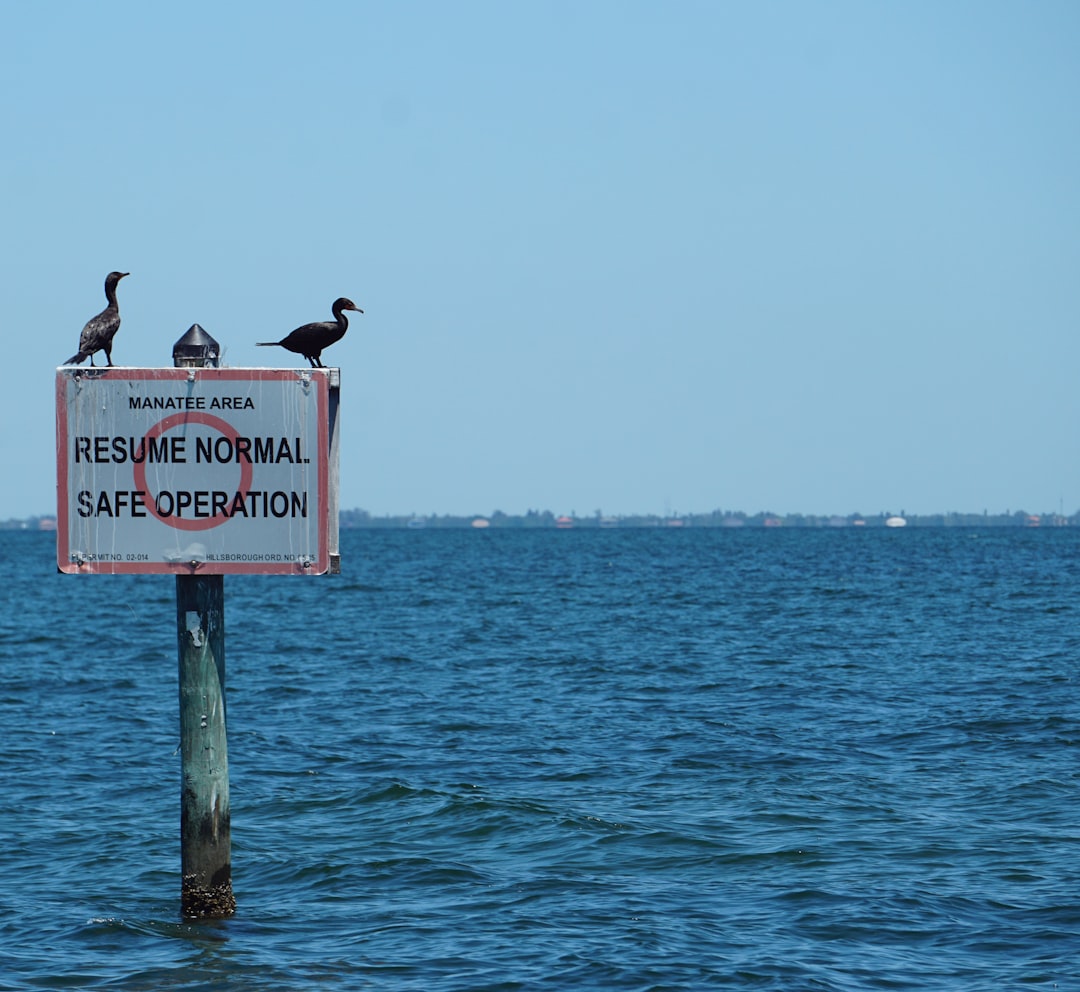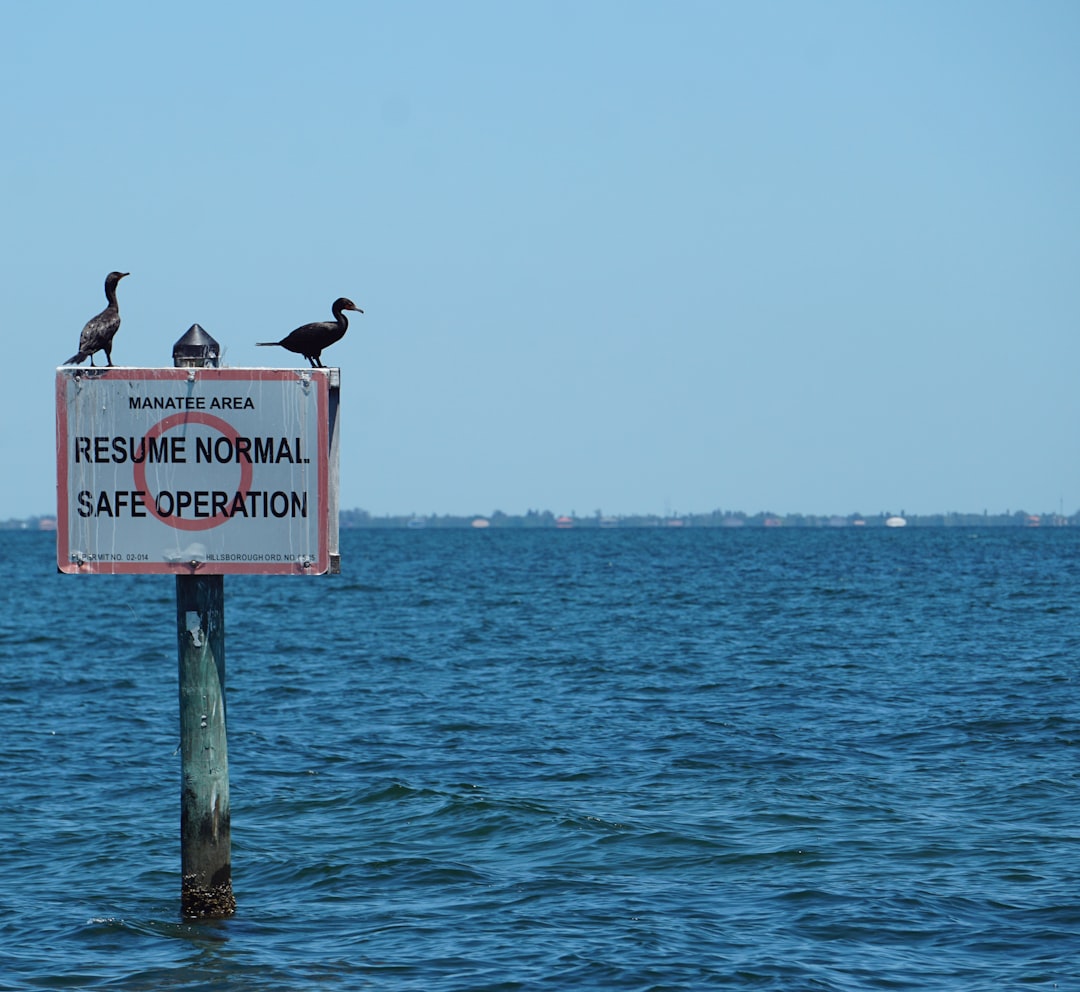Florida's higher education institutions face a critical challenge in supporting survivors of child abuse seeking academic opportunities, given the state's high child maltreatment rates. Legal support from a child abuse attorney Florida is essential to empower survivors, protect their rights, and help them access tailored resources. Institutions actively support survivors through strategic partnerships, financial aid, scholarship programs, counseling, advocacy centers, and victim assistance programs. Specialized child abuse attorney Florida services guide survivors through legal complexities, assist with reporting, and pursue justice or compensation when needed. Creating safe spaces on campuses fosters understanding, empathy, and academic success for survivors. Long-term support includes mental health services, financial independence training, and fostering understanding to help graduates overcome past traumas and build secure futures.
In Florida, higher education institutions play a vital role in addressing the pressing issue of child abuse among college students. With an estimated [X] cases reported annually, understanding and supporting survivors within this population is crucial. This comprehensive guide explores various aspects, from identifying at-risk individuals to providing legal protections and fostering safe campus environments.
Key strategies are outlined, including advocacy and long-term care, ensuring survivors receive the necessary support throughout their academic journey and beyond graduation, with a focus on resources available through a child abuse attorney in Florida.
Understanding the Scope of Child Abuse in Florida's College Population

Florida’s college population reflects a diverse range of individuals, many of whom may have experienced child abuse at some point in their lives. According to recent statistics, Florida ranks among the states with a relatively high prevalence of child maltreatment, with various forms including physical, emotional, and sexual abuse. Given this context, it is crucial for higher education institutions to recognize and address the unique challenges faced by survivors of child abuse who seek academic opportunities.
Many survivors may not immediately identify themselves as such, often carrying the burden of silence and shame. Some may have dropped out of school due to the trauma or are currently facing similar circumstances that could hinder their educational pursuits. A child abuse attorney in Florida can play a pivotal role in empowering these individuals by providing legal support, ensuring their rights are protected, and helping them access resources tailored to their needs. This support is essential for creating an inclusive environment where survivors feel safe, supported, and motivated to continue their education.
The Role of Higher Education Institutions in Supporting Survivors

Higher education institutions in Florida play a pivotal role in supporting survivors of child abuse, offering much-needed assistance and resources. These institutions recognize that many individuals who experience child abuse may face significant challenges when pursuing higher education, including financial difficulties, trauma-related barriers, and a lack of support systems. Therefore, they have implemented various initiatives to create safe and inclusive environments for these survivors.
Through partnerships with local organizations, legal aid clinics, and counseling services, universities can connect survivors with essential resources such as financial aid, scholarship programs, and mental health support. Moreover, many institutions provide dedicated advocacy centers or victim assistance programs specifically tailored to address the unique needs of students who have experienced abuse. These efforts ensure that survivors feel empowered to pursue their education without fear or hesitation, fostering an environment that promotes healing and academic success.
Legal Protections and Resources for Survivors on Campus

Survivors of child abuse in Florida higher education institutions can find legal protections and resources to help them. The state has laws in place that prohibit harassment, discrimination, and retaliation against survivors, ensuring they feel safe on campus. Many schools also have dedicated offices or programs to support students who have experienced trauma, offering confidential counseling services, academic accommodations, and advocacy.
Additionally, there are specialized child abuse attorney Florida services available for those who need legal assistance. These attorneys can help survivors navigate complex laws and regulations, ensuring their rights are protected. They provide guidance on reporting abuse, understanding legal options, and pursuing justice or compensation when necessary.
Building Safe Spaces: Creating Supportive Environments for Survivors

Creating safe and supportive environments is a crucial aspect of helping survivors of child abuse navigate their journey towards healing, especially within the context of higher education in Florida. Many institutions are now recognizing the importance of dedicated spaces where students who have experienced trauma can find solace, connect with peers, and access critical resources. These safe spaces can take various forms, such as peer support groups, counseling centers, or dedicated offices for survivor services.
A child abuse attorney in Florida may collaborate with university administrators to design and implement these initiatives, ensuring they meet the unique needs of survivors. By fostering an atmosphere of understanding and empathy, higher education institutions can empower survivors to pursue their academic goals while also providing a network of support that extends beyond classroom walls, making a significant impact on the lives of those who have endured child abuse.
Advocacy and Long-Term Care: Empowering Survivors Beyond Graduation

Supporting survivors of child abuse is an ongoing process that extends far beyond graduation. Higher education institutions in Florida play a crucial role in empowering survivors through advocacy and long-term care. Many graduates, having overcome their past traumas, may face challenges reintegrating into society and securing stable employment. Here, support systems can step in to offer guidance and resources. Collaboration with local child abuse attorneys in Florida can provide legal aid and protection for those who have experienced abuse, ensuring they receive the justice they deserve.
This care extends to mental health services, where trauma-informed counseling and support groups can help survivors navigate their emotional journeys. By fostering a culture of understanding and empathy on campuses, institutions enable graduates to thrive academically and personally. Long-term care also involves equipping survivors with skills for financial independence, helping them break free from cycles of abuse and build secure futures.






